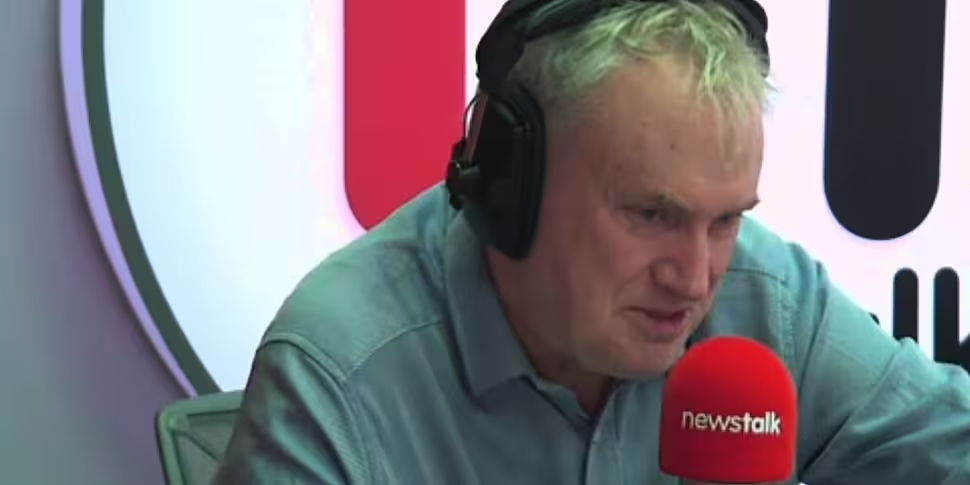Ireland should follow the UK’s lead and offer everyone a booster vaccine after three months, Professor Luke O’Neill says.
The leading immunologist says it’s “ridiculous” that people in Ireland have to wait exactly five calendar months to get their extra dose.
As of today, booster vaccination is now officially underway for all over 50s.
Large queues have formed outside some walk-in vaccine centres today, with UCD and Croke Park already reaching capacity shortly after opening.
However, the Taoiseach has also claimed tens of thousands of people aren’t turning up for their scheduled booster vaccination appointments every week.
There’s also frustration among younger people who’ve received the Johnson & Johnson vaccine that they haven’t received their booster yet.
NIAC says people who have received the one-shot vaccine can get an mRNA booster after three months, but the HSE has yet to start boosting those in their 20s or 30s who received the J&J vaccine during the summer.
Professor O’Neill - Professor of Biochemistry at Trinity College - told The Pat Kenny Show he believes Ireland should lower the gap between doses.
He said: “I would boost everybody three months after the second shot. The UK is doing that - they’ve lowered the gap to three months. Why don’t we do that? The boosters are so effective.
“Three months after your second shot - or your first shot of Johnson & Johnson - get the booster in. Don’t wait five months.
“Some places are very rigorous - they will turn people away if it’s not [five months], which is very distressing for those people. I think they should give the booster to anyone that shows up.”
Professor O’Neill said the growing evidence is that boosters “super-charge” people’s immune system, offering very strong protection against the virus.
He also said a number of studies have now offered good news about the vaccines’ ability to protect people from the new Omicron strain of the virus.
He explained: "The antibodies may go down in their power against it, but they’re still able to neutralise it. Our fear was they’d lose that power entirely.
“There was always the view if the antibodies weren’t as good, there was always also this second part of your immune system called the t-cell response.
“[T-cells] don’t stop the virus getting in… but they kill the cell that has been infected, and kill the virus that way.
“They’re harder to measure… you’ve got to show a t-cell killing a virally infected cell in the test tube. But now two huge studies show a huge response from the vaccine.”
He stressed there’s still lots we don’t know about the newly-discovered variant.
There are some positive early signs the immune system should still protect against severe disease, but Professor O’Neill “we still don’t know enough about the changes in Omicron” to say for sure.









